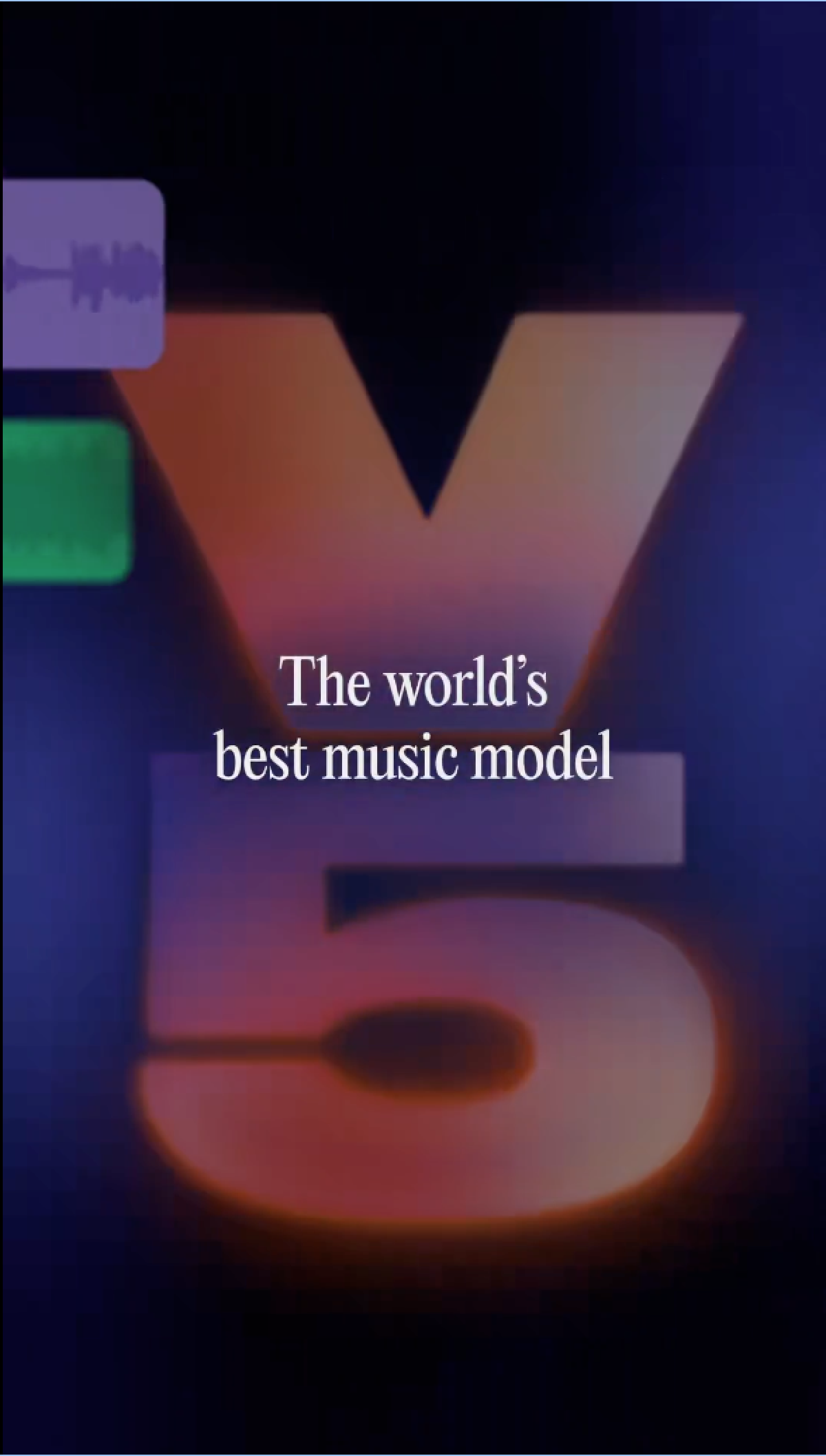On September 23, 2025, Suno unveiled v5, its most advanced music AI model yet — just days after record labels accused the company of “illegal stream-ripping” from YouTube to train its systems.
Perfect timing, right?
What is Suno?#
For those new to the AI music scene, Suno is a text-to-music AI platform that generates complete songs from simple prompts. Type “upbeat indie rock song about coffee” and get a full track with vocals, instruments, and production in minutes.
Think of it as ChatGPT for music — you describe what you want, and the AI composes, performs, and produces it. No musical training required.
Since launching, Suno has become the go-to tool for:
- Content creators needing royalty-free background music
- Songwriters exploring new ideas and arrangements
- Producers generating stems and creative starting points
- Anyone who wants to make music but doesn’t play instruments
What’s new in v5?#
The latest version brings significant upgrades:
🎵 Higher audio fidelity#
Cleaner sound, more depth, and better separation of instruments. The muddy, compressed feel of earlier versions is mostly gone.
🎤 Human-like vocals#
Vibrato, breaths, dynamics, and performance details that actually feel real. The robotic AI voice is finally fading away.
🎛️ Creative control#
Specify song structure, tempo, instruments, and more with greater precision. Less random, more intentional.
🎶 Sample-to-Song#
Upload a short clip — guitar riff, vocal line, drum pattern — and v5 expands it into a full track. Your ideas become complete songs.
🎚️ Suno Studio#
Edit songs deeply: swap instruments, re-record sections, rearrange structure. Real post-production control, not just generate-and-hope.
The controversy brewing#
This release lands amid lawsuits and industry pushback. Major labels accuse Suno of bypassing protections and ripping copyrighted tracks from YouTube to build its training dataset.
Suno defends itself, arguing its use of data falls under “fair use.” But the evidence is mounting:
- Songwriter groups like the Ivors Academy warn that Suno’s lyric generator (ReMi) sometimes produces text suspiciously close to existing works
- Academic research suggests v5 may memorize musical fragments from training data, which could resurface in outputs
- The timing of this release — right after the allegations — feels like a chess move in a larger legal game
Why this matters#
Suno v5 is undeniably a leap forward. It gives musicians, producers, and beginners the ability to create professional-sounding music instantly.
But it also sharpens the fundamental question: when does AI inspiration cross into appropriation?
The music industry is watching closely because:
- Artists worry about their work being used without consent
- Labels fear losing control over their catalogs
- Musicians debate whether AI assistance enhances creativity or replaces it
- Lawyers prepare for battles that could reshape copyright law
The bigger picture#
We’re at an inflection point for AI music. The technology is finally good enough to threaten traditional workflows, but the legal framework hasn’t caught up.
Suno v5 shows us the future: AI that can match human musical performance. The lawsuits show us the present: an industry in chaos, trying to figure out the rules.
The outcome of these battles may determine how AI music systems operate for years to come.
Try it yourself: Visit suno.com to explore Suno’s AI music generation.


